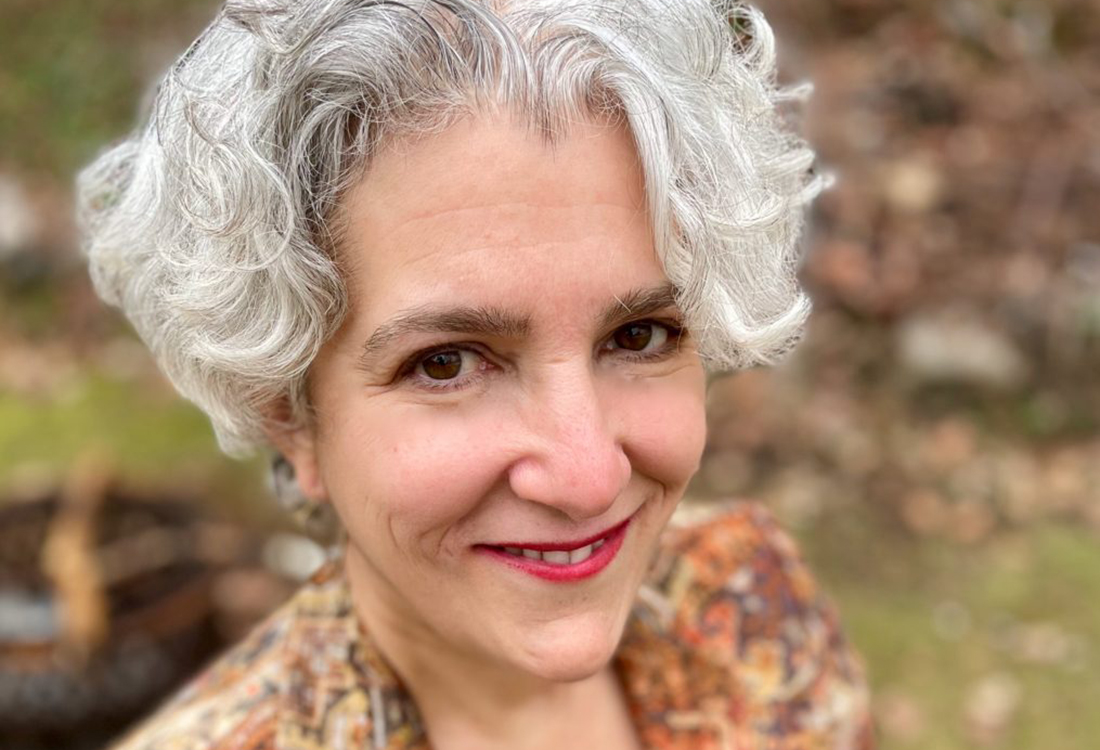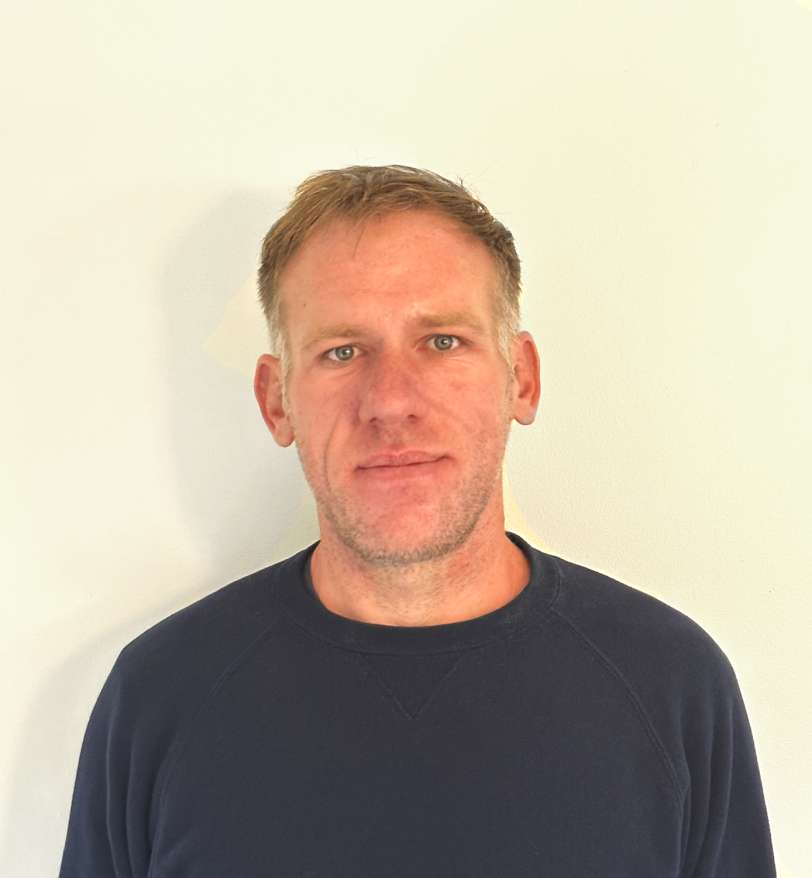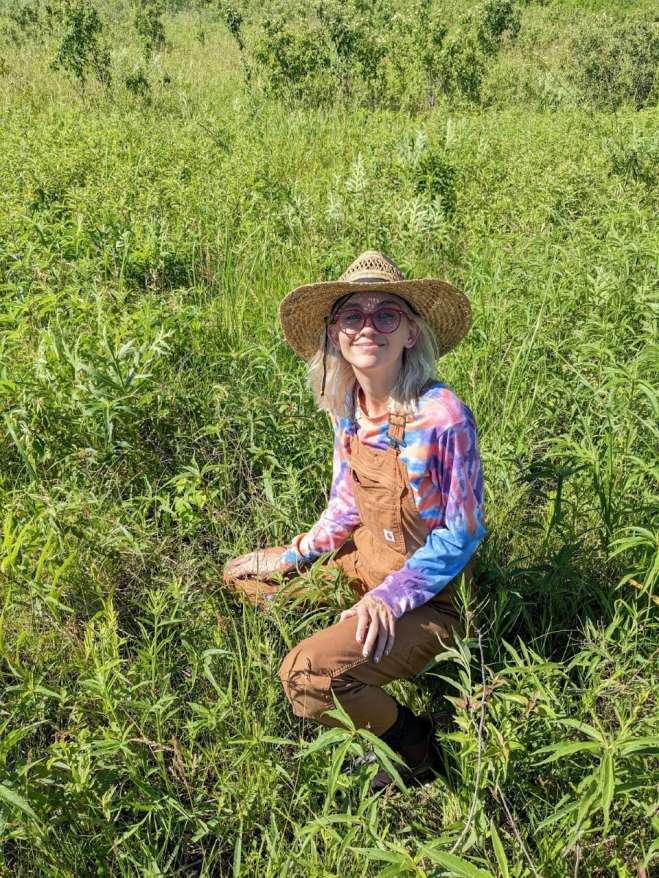Techne: Evidence in the Anthropocene telescopes between galactic and planetary evidence that is presented by scientists and artist-investigators who contemplate both deep time and the fate of the human species. Using the framework of a simulation model developed at NASA Jet Propulsion Laboratory that considers the probability for intelligent life to occur in the Milky Way galaxy, as well as the potential for self-annihilation; new forms and methods of investigation are highlighted. By moving back and forth between dystopian landscapes, forgotten technologies, legal conditions, and forensic traces a web of interconnected realities emerges through seemingly disparate sets of ideas and research methods. Evidence in the Anthropocene is about an era that is marked by a crisis of imagination and travels with these scientists and artists to explore the lush landscape of a remote Indonesian palm oil plantation; the abandoned ruins of a former nuclear test site in the Bikini Atoll lagoon that now appears as a sub-natural alien megastructure; the concept of the “material witness” in the context of the legal imagination; and gestures towards colonizing other planets and the “cone of imaginable possibilities” by developing weaving prototypes in zero gravity.
Following the screening, there will be a conversation between filmmaker Daniel R. Small, Sarah Wolozin (Director, MIT Open Doc Lab), and Aubrie R.M. James (SMACT ’24), moderated by Gediminas Urbonas (Associate Professor, ACT).
About Daniel R. Small:
Daniel R. Small is a contemporary artist, filmmaker, and educator based in Los Angeles California. His work engages with speculative pasts and futures through interventions in sites, narratives, and technologies. His projects have engaged with organizations such as the Federal Bureau of Investigation, NASA Jet Propulsion Laboratory, Forensic Architecture, UNESCO, and others, working alongside these institutions to set up various thought experiments or interventions within pre-existing research systems or archives. He is currently working on a film that follows an effort to revise the Voyager Golden Record which will serve as an interstellar archive of Earth and its inhabitants.
Part of the Spring 2024 Lecture Series. The lecture is free and open to the public.












